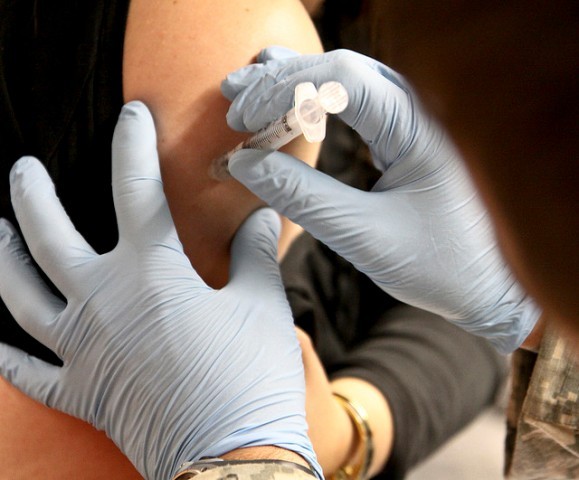Dirty Catheters and IV Tubes Give Rise to Serious Infections: Study

Post hospitalization care received at home can increase the risk of infections and severe health complications, according to a study.
Many people suffering from prolonged illness, disability or recovering from surgeries opt to receive health care services and treatments in their home environment. But experts from the Columbia University School of Nursing warn about the possible infections and diseases that are likely to affect patients due to unclean environment and the use of non-sterile treatment devices like tubes, catheters and urine bags. These tubes and catheters are inserted in to the blood stream, mouth, nose, urinary tract and small intestines that remain in the body for a long time and require regular cleaning. Otherwise, they can give rise to severe infections that can enter the blood stream.
According to statistical reports, nearly 12 million Americans receive health care outside hospital setting accounting for more than $72 billion in annual expenditure on home health care.
For the study, researchers examined recorded data of infections and its symptoms in seniors who received home health care. They found infection rates were different for different health conditions that ranged between 5 and 80 percent. It was observed that a majority of infections occurred in individuals who were given nutrients by intravenous catheter. This group mainly comprised of patients with stroke, dementia and other illnesses who had lost their ability to eat or swallow food on their own.
Their analysis also revealed that catheter-associated urinary tract infections (CAUTI) repeatedly occurred in most of the patients who sought health care at home to cut expenditure on hospital charges. Prolonged use of unclean urinary catheters along with antibiotics makes illness causing bacteria resistant to medications. Therefore, the study urge families and care givers of patients to ensure these devices are cleaned and washed in alcohol-based sanitizers and soaps. They suggest placing urinary bags lower than the bladder, regular disposal of dirty and used bags and tubes and not disturbing the position of tubes connected to the body to ward off infection risks.
"The infection risk for patients receiving care at home is high because they often aren't being looked after by individuals with the same infection control experience that would occur in a hospital setting," said Jingjing Shang, study author and assistant professor at Columbia Nursing in a news release.
"Nurses who care for patients in their homes need to teach patients and their families how to prevent infections, and nurses need to make sure that they tailor this education to a level that's easy for people without formal medical training to understand."
More information is available online in the American Journal of Infection Control.
Jun 03, 2014 07:40 AM EDT





